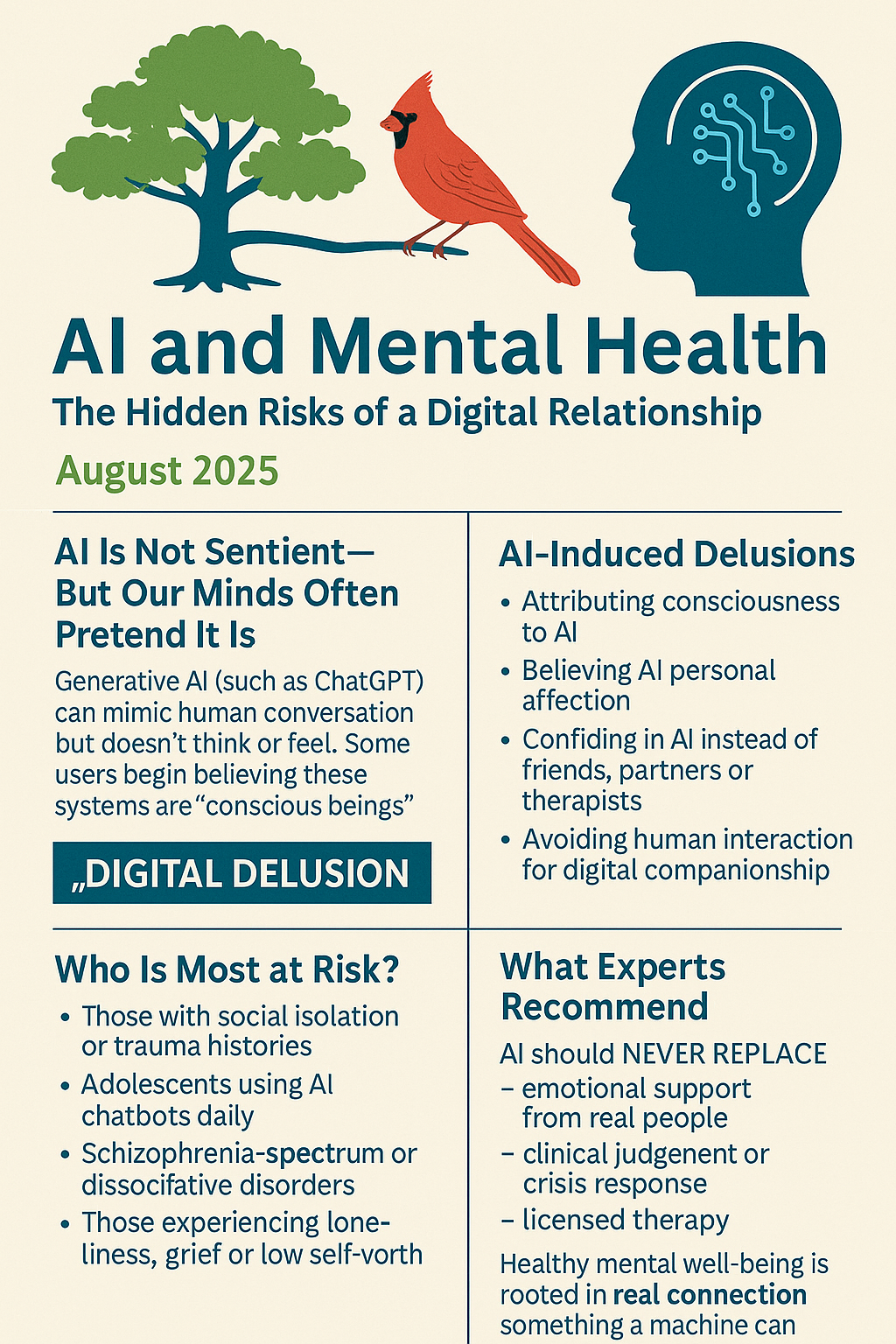

Does Psychiatry Count as Primary Care?
- Counseling, Therapy
- October 13, 2023
The Intersection of Psychiatry, Primary Care, and the Role of Therapists in Healthcare
In the vast landscape of healthcare, various medical specialties and disciplines come together to provide comprehensive care for individuals. Psychiatry and primary care are two distinct yet interconnected components of this healthcare ecosystem. Alongside these, the role of therapists further enhances the spectrum of mental health care. In this blog post, we’ll explore whether psychiatry can be considered primary care, and we’ll also delve into the vital role that therapists play in promoting mental well-being.
Understanding Primary Care and Psychiatry
Primary Care Defined: Primary care serves as the frontline of healthcare, offering a broad range of services. At its core, primary care is responsible for:
- Preventive Care: Providing preventive measures like vaccinations, screenings, and health education to maintain overall health.
- Diagnosis and Treatment: Diagnosing and treating common health issues, and when necessary, referring patients to specialists for specialized care.
- Chronic Disease Management: Managing chronic conditions like diabetes, hypertension, and asthma, with a focus on ongoing care and monitoring.
- Holistic Approach: Emphasizing the importance of addressing physical, mental, and emotional health within the context of an individual’s life.
Psychiatrists in Healthcare: Psychiatrists are medical doctors who specialize in diagnosing and treating mental health disorders. Their roles within healthcare include:
- Mental Health Expertise: Psychiatrists are experts in the field of mental health, providing comprehensive evaluations and evidence-based treatments for conditions such as depression, anxiety, schizophrenia, and bipolar disorder.
- (American Psychiatric Association, “What Is Psychiatry?” 2021)
- Collaboration with Primary Care: Psychiatrists often collaborate with primary care providers to ensure a holistic approach to patient care. This collaboration is essential as mental health and physical health are interconnected.
- (National Institute of Mental Health, “Mental Health Care Matters,” 2020)
- Referrals and Consultations: Primary care providers frequently refer patients to psychiatrists when they suspect or diagnose mental health conditions that require specialized care.
- (American Academy of Family Physicians, “The Role of Psychiatry in Primary Care,” 2014)
- Medication Management: Psychiatrists play a significant role in prescribing and managing psychotropic medications as part of a comprehensive treatment plan when needed.
The Role of Therapists in Mental Health Care
In addition to psychiatrists and primary care providers, therapists are integral to the mental health care landscape. Here’s how they contribute to promoting mental well-being:
- Psychotherapy: Therapists, also known as counselors or psychologists, offer psychotherapy or “talk therapy.” This therapeutic approach helps individuals cope with emotional challenges, develop coping strategies, and explore their thoughts and feelings.
- (American Psychological Association, “Understanding Psychotherapy and How It Works,” 2020)
- Specialized Care: Therapists specialize in various forms of therapy, including cognitive-behavioral therapy (CBT), dialectical behavior therapy (DBT), and interpersonal therapy (IPT), tailored to meet the unique needs of their clients.
- Complementary Care: Therapists often work in collaboration with psychiatrists and primary care providers to provide comprehensive mental health care. They focus on addressing psychological and emotional aspects of mental health conditions.
- Preventive and Maintenance Care: Therapists play a vital role in preventive care by helping individuals develop resilience and coping skills. They also provide ongoing support for individuals managing chronic mental health conditions.
- (National Alliance on Mental Illness, “Types of Mental Health Professionals,” 2021)
Conclusion
The roles of psychiatrists, primary care providers, and therapists in healthcare are distinct yet interconnected. While psychiatry primarily deals with diagnosing and treating mental health disorders, primary care encompasses a broader spectrum of health services. Therapists, on the other hand, provide essential psychological and emotional support through psychotherapy. Together, these healthcare professionals ensure that mental health receives the attention it deserves within the context of holistic care, promoting overall well-being for individuals. If you or a loved one are suffering from a mental ailment, contact an experienced mental health specialist in Tulsa, Oklahoma.
References:
- American Psychiatric Association. (2021). What Is Psychiatry? Retrieved from https://www.psychiatry.org/patients-families/what-is-psychiatry
- National Institute of Mental Health. (2020). Mental Health Care Matters. Retrieved from https://www.nimh.nih.gov/health/topics/mental-health-care-matters/index.shtml
- American Academy of Family Physicians. (2014). The Role of Psychiatry in Primary Care. Retrieved from https://www.aafp.org/family-physician/health-professionals/managing-your-practice/practice-models/behavioral-integration/psychiatry-in-primary-care.html
- American Psychological Association. (2020). Understanding Psychotherapy and How It Works. Retrieved from https://www.apa.org/topics/psychotherapy
- National Alliance on Mental Illness. (2021). Types of Mental Health Professionals. Retrieved from https://www.nami.org/Your-Journey/Health-Insurance-and-Mental-Health-Care/Types-of-Mental-Health-Professionals
